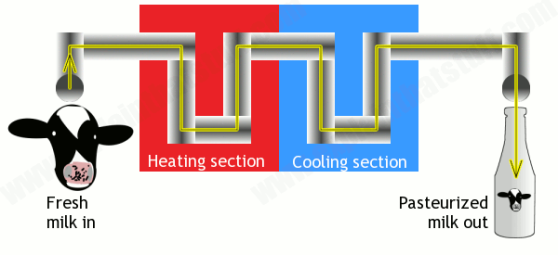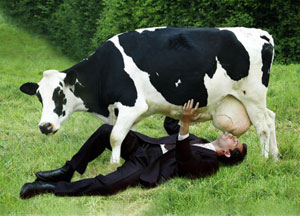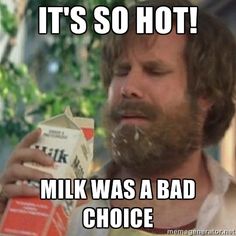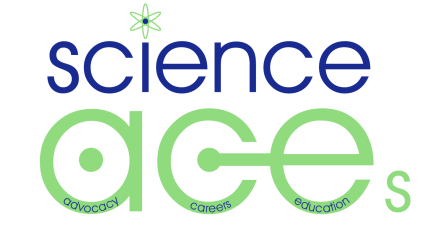
Gizmodo.com
West Virginia lawmakers recently loosened restrictions on the consumption of raw milk, and downed a celebratory swig of the beverage. In a turn of events virtually everyone could have predicted, the lawmakers immediately fell ill. The question whether this sickness was indeed caused by raw milk is inconsequential to my concern over the lifted ban. I view these actions as indicative of a concerning cultural shift where consumers seek out and idolize “natural” foods. I’m not concerned whether people can or should be able to make these choices. Let’s leave the debate over consumer rights versus government oversight for the moment. Instead, let’s focus on the science of pasteurization and how raw milk is the latest product at the center of this “natural” movement.
The term natural, when used as an adjective, means existing in or caused by nature; not made or caused by humankind. By this definition, psychedelic mushrooms and panda farts are natural, while jet engines and laptops are unnatural. This is rather salient, but exemplifies that not everything natural or unnatural is intrinsically “good” or “bad” by name alone. Discernment requires thought and evaluation of evidence. Consider that raw milk is natural and the pasteurization process designed to protect consumers is unnatural. What are the risks and benefits for each choice?
Pasteurization is named after Louis Pasteur, a 19th century scientist and proponent of the germ theory of disease: the idea that microbes can infect humans and cause illness. Raw milk may contain many dangerous bacteria, and therefore we heat the milk to kill those pricks.

explainthatstuff.com
Most milk that you buy today is flash pasteurized, meaning it was heated to 72 degrees Celsius (161 degrees Fahrenheit) for 15 seconds. It’s important to note that pasteurization is not sterilization – it still leaves many commensal (associated with the cow) bacteria alive, which ultimately sour your milk after 2-3 weeks of refrigeration. Pasteurization poses no risk to consumers, who receive the benefits of not dying from the all-too-natural Listeria and Salmonella. The clear and immediate health benefits of pasteurization are why the U.S. has employed it for nearly 100 years.
Raw milk rids us of the terrible bureaucracy of pasteurization, and gives us the straight teat-to-mouth experience, as if you were laying under the cow as its udders were massaged.

loveofrealfood.com
Before you become skeptical of my obvious cynicism, I’d like to point out that I’ve had raw cow and goat’s milk as a child and thought it was pretty tasty. However, I will reiterate that this not about personal choice, but rather scientific principles. Raw milk makes no attempt to kill dangerous bacteria, and likewise increases the risk of foodborne illness wherever it graces the shelves.
So why do people pine for the raw stuff? In part, it’s because they want what’s “natural”. Proponents claim that raw milk is more nutritious and healthy because pasteurization kills commensal bacteria, and inactivates beneficial proteins and enzymes. This might give you pause for thought if it were actually true. To date, there is no strong evidence to indicate that pasteurized milk is any less nutritious than raw milk. But don’t take my word, or the FDA’s. We can logically think this one through.
While flash pasteurization undoubtedly kills many bacteria, it still leaves many commensal bacteria alive. If the milk was sterilized, meaning that all the bacteria were killed, it wouldn’t turn sour so quickly in your fridge. Instead, it would last up to 9 months! Similarly, this is how we know that all proteins and enzymes are not inactivated during pasteurization – bacteria need them to live! Furthermore, even if they were beneficial, do you really expect a lot of cow enzymes to survive your digestive system? Of course not! Your body will inactivate them itself, and process them along with all the other food you’re eating.
If this was a post about consumer rights, I’d be with the raw milk crowd. I believe that people should be free to make as many dangerous, life-ruining choices as they can (hey there, alcohol and tobacco!). However, I break from this crowd with regards to the delusional thinking that “natural” is intrinsically better by virtue of being healthier. Raw milk is natural, and so are the bacterial infections that disproportionately affect children when they consume raw milk. Pasteurization is the appropriate unnatural response. In other words, don’t drink raw milk because you think it’s healthier; drink raw milk because you’re a rebellious libertarian who won’t let the government tell you what you can and can’t drink!

Copyright DreamWorks Pictures
AUSTEN (PRESIDENT)
![]() AUSTEN IS A 5TH YEAR GRADUATE STUDENT AND PRESIDENT OF SCIENCE ACES. HIS DREAM IS TO GO FISHING EVERY DAY ONCE HE’S FINISHED WITH THIS BACTERIAL PATHOGENESIS THING. YOU CAN FOLLOW HIM ON TWITTER @AUSTENLEET.
AUSTEN IS A 5TH YEAR GRADUATE STUDENT AND PRESIDENT OF SCIENCE ACES. HIS DREAM IS TO GO FISHING EVERY DAY ONCE HE’S FINISHED WITH THIS BACTERIAL PATHOGENESIS THING. YOU CAN FOLLOW HIM ON TWITTER @AUSTENLEET.

OMG, Austen, you ROCK! Now spell “teat” correctly and I’ll love you forever.
LikeLike
Oops, I fell down on my job as editor. It’s fixed now! 🙂
-Jess
LikeLiked by 1 person